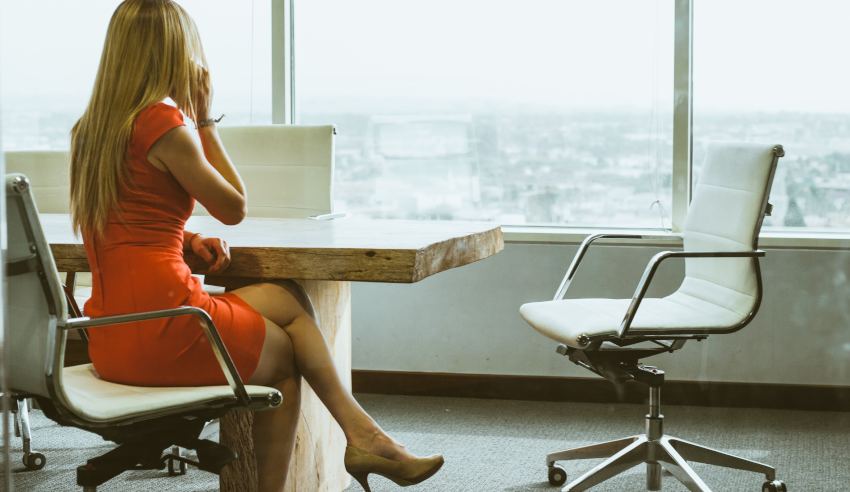There are opportunities abound for corporate counsel, but those transitioning from firms must understand that being an in-house counsel has its own challenges, according to two legal professionals.

Speaking recently on The Lawyers Weekly Show, SmartWomen Connect founder Fiona Craig said a transition in-house must be seen as a “serious career route”, with a strategic mindset to be employed when considering career progression.
“It’s a ceiling in terms of the number of general counsel or senior counsel positions in Australia, and that’s one issues that anyone – male or female – needs to be aware of. I also think there’s an attitude (certainly from when I was in recruitment) from people looking to go in-house is that it’s a better work/life balance, and I don’t think that is actually the case at all,” she said.
What is needed, from lawyers moving across, is greater awareness, she posited.
“As with any move, go into it with eyes wide open, be fully aware of what the career opportunities are and also what is expected of you.”
Marist180 non-executive director Claire Bibby agreed, noting that a lot of lawyers she has spoken to over the years say they want to move in-house for the work/life balance, “or because they think it’ll be a doddle”.
“That’s not what in-house is like. It may have been 20 years ago, but it’s certainly not now,” she explained.
But, what life as a legal counsel can offer, she noted, is more flexibility.
“I think millennials in particular are attracted to the practice of law in-house because of the flexibility that it offers, and there’s a lot of very mature general counsel out there [who] understand the millennial mindset,” she mused.
“They understand the importance of flexibility, and that is something I try to really concentrate on, because from my perspective, working in-house, you don’t always get a chance to think, because you’re sitting smack bang in the middle of your clients, and if they’ve got a question, they come and walk up straight away and it’s the most important thing you have to deal with in their minds.”
“So, the ability to take yourself out of the office and work from home can sometimes provide that silence that you need to do real, deep thinking. That’s a contrast with private practice.”
To hear more of Lawyers Weekly’s conversation with Claire Bibby and Fiona Craig, please click on the podcast link below.

Jerome Doraisamy is the managing editor of professional services (including Lawyers Weekly, HR Leader, Accountants Daily, and Accounting Times). He is also the author of The Wellness Doctrines book series, an admitted solicitor in New South Wales, and a board director of the Minds Count Foundation.
You can email Jerome at: